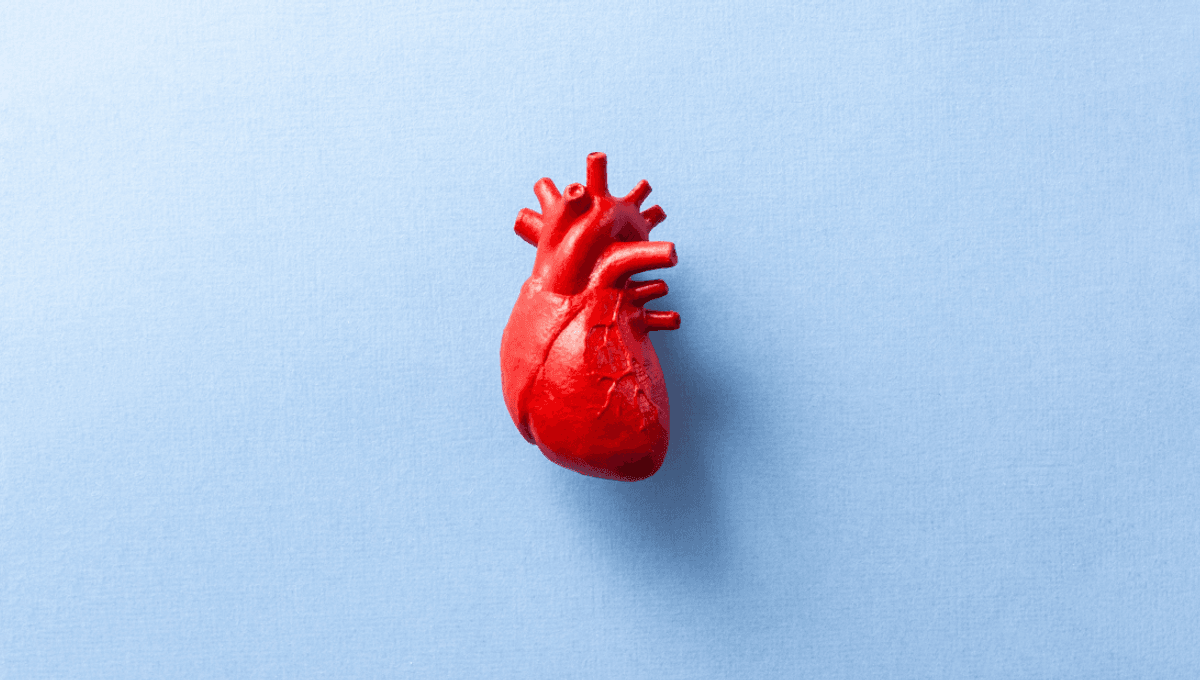
A curious phenomenon has been reported among people who have undergone heart transplants. For some, they believe that they may have received more than just an organ in the exchange, as they report altered emotions, tastes, and even memories that seem to belong to the person who donated it. Could it be that these organs are somehow transporting a bit of their previous owner’s personality into the new one?
The definition of death is changing as we learn more about what can and can’t be retrieved from a human body in distress, but when all hope is lost for one person it can be a lifeline to another. The advent of organ transplantation has saved countless lives since the first kidney was successfully given to a person in 1954, and we’ve gone on to transplant everything from lungs to livers, hearts, and even faces since then.
Do transplanted organs transfer memory?
The question of whether transplanted organs can transfer memory has cropped up for many of these organs, but according to a 2024 review, it seems to be particularly prevalent among those that have undergone heart transplants. People have reported a change in preferences for everything from food to music, art, and sexual orientation.
Some of these changes mirrored the donor’s preferences, and others had stranger, seemingly death-driven aversions (one person developed a fear of water after receiving an organ from a drowning victim). A highly relatable case study detailed in the Journal Of Near-Death Studies in 2002 speaks of one man’s legacy of a love for chicken nuggets:
“She was a health conscious dancer and choreographer, upon leaving the hospital she had an uncontrollable urge to go to a Kentucky Fried Chicken restaurant and order chicken nuggets, a food she never ate. […] Interestingly, uneaten Kentucky Fried Chicken nuggets were found in the jacket of the young man when he was killed.”
Spooky.
How can the heart communicate with the brain?
It sounds like something out of science fiction, but given the rate of reports, scientists have been curious to investigate if there exists some kind of overlooked mechanism that could explain it. These avenues have included:
- Cellular memory – This is the idea that individual cells or networks of non-neural cells may also be able to form memories. If so, could the introduction of new cells introduce new memory, or is it the disruption to existing connections that can change a person?
- Epigenetic modifications – A heavily studied process through which reversible changes are made that alter the expression of genes without changing the sequence of the DNA inside the cell nucleus. Could the introduction of a new organ result in epigenetic changes that alter how a person’s genes are expressed post-transplant?
- Energetic interactions – This relates to the possible influence of the heart’s electromagnetic field on the body when a new, and possibly smaller or larger, organ is transplanted.
- The heart’s “little brain” – A complex neural network that’s ingrained in the heart, and was recently discovered to play a much bigger role in heart rate than previously thought. Could it store memory, or communicate with the brain in a way not yet recognized?
The heart-brain connection has historically looked more at the brain’s influence on the heart, but as time’s gone by, we’ve discovered that it’s more of a two-way street. It’s been suggested that the heart could communicate with the brain through neurological, biochemical, biophysical, and energetic mechanisms. So, could a new heart moving in be having an influence on our head?
Where we stand
We’ve yet to discover a clear mechanism that can explain how and why transplant patients report having new memories or personality changes following surgery, but the physical and emotional toll of undergoing such a procedure could be a contributing factor. Add to that the combination of anti-rejection and pain relief medications needed for a smoother recovery, and there are many variables that could be at play, but it remains a fascinating avenue of study that some scientists believe merits greater research.
“Emerging evidence suggests that heart transplantation may involve the transfer of the donor’s personality traits and memories to the recipient, challenging conventional views of memory and identity,” concluded the authors of the 2024 review of heart memory research. “Additionally, the heart’s neural network and bidirectional communication with the brain support the concept of heart-brain connection in memory and personality.”
“Further interdisciplinary research is needed to unravel the intricacies of memory transfer, neuroplasticity, and organ integration, offering insights into both organ transplantation and broader aspects of neuroscience and human identity. Understanding these complexities holds promise for enhancing patient care in organ transplantation and deepens our understanding of fundamental aspects of human experience and existence.”
It seems there are many questions yet to be answered when it comes to how and why transplant patient report the experiences they do, but there is perhaps at least one we can answer now: What snack preferences would be hiding inside your donor organs?
Source Link: Do Donor Organs Transfer Memory? Heart Transplant Patients Report Strange Personality Changes